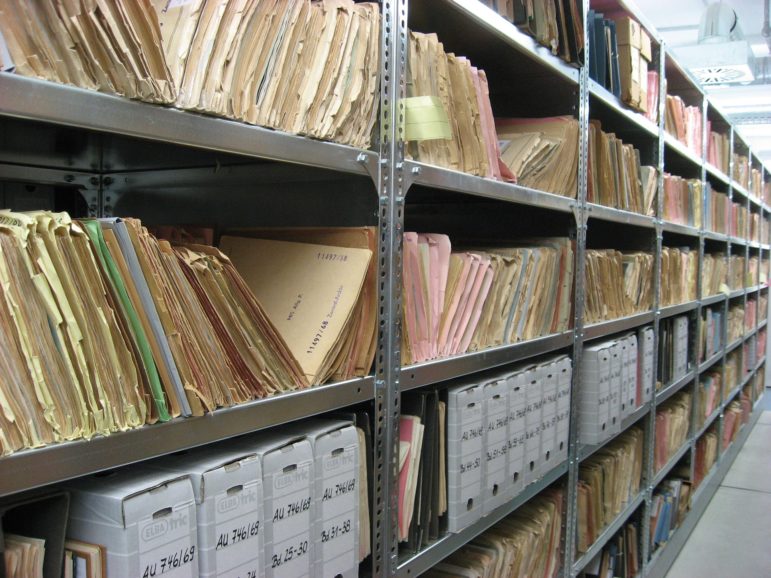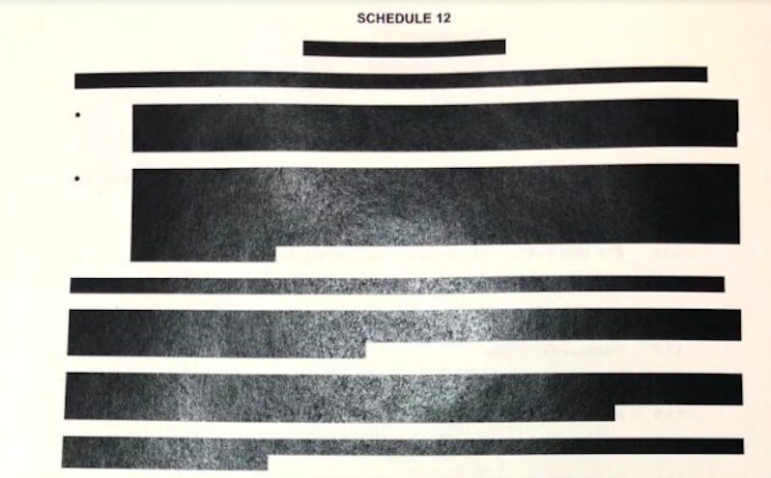

FOI Requests in 11 Countries: Implementation Is Key

J. Albert Bowden II (Via Flickr)
Editor’s note: With freedom of information statutes in over 100 countries today, the laws have become a key tool for journalists from India to Mexico. But their success depends on how they’re used and implemented, as Swiss scholar Vincent Mabillard explores in his recent paper, Freedom of Information Laws: Evolution of the Number of Requests in 11 Jurisdictions. We are pleased to present highlights from his paper from the University of Lausanne.
Today, transparency is at the top of most governments’ agenda. Their action is conducted under the increasing scrutiny of the general public, the media, and specific interest groups. Transparency and accountability, as crucial components of good governance, are concepts that have attracted much interest from various international institutions as well as the media and the academic community. Since it remains extremely difficult to provide a clear definition of transparency, this paper focuses on a particular way to address the issue of open government: Freedom of Information (FOI) laws.
 If a growing number of countries have passed freedom of information laws in the last few years, some states had already adopted such a legislation before the 1990s, including the United States in 1966, Australia, New Zealand, and Canada in 1982/83. Sweden has played a pioneering role in voting the first freedom of information law in 1766. It has been followed by Finland almost two centuries later, in 1951. FOI laws have doubled between 1996 and 2001, and tripled in 2004.
If a growing number of countries have passed freedom of information laws in the last few years, some states had already adopted such a legislation before the 1990s, including the United States in 1966, Australia, New Zealand, and Canada in 1982/83. Sweden has played a pioneering role in voting the first freedom of information law in 1766. It has been followed by Finland almost two centuries later, in 1951. FOI laws have doubled between 1996 and 2001, and tripled in 2004.
The graph above shows the evolution of the number of FOI laws (or equivalent) since 1950, taking into account the year in which the Freedom of information (FOIA) came into force. The graph is based on data collected by Vleugels (2012), Sharma (2015), and Banisar (2015).
The map below summarizes the trends in which the laws were created.

Evolution of FOI Requests
The volume of requests received by national administrations form a relevant aspect of FOI because they give an indication of the laws’ efficiency. Of course, other indicators should be taken into account in any quantitative study on access to information, but the usage of the law provides an interesting dimension.
The origin of the requests is of crucial importance because they give an idea of the usage of the law, of the requests’ purpose, of the involvement of the general public and, in some cases, of the political use of this right. Unfortunately, many states do not maintain a record of all complaints received and processed, and most often do not present any information about the requesters.
This graph shows the evolution of FOI requests submitted to national authorities since the enactment of the law in all selected jurisdictions.

The increase of requests can be analyzed through absolute numbers, taking into account the year in which the Act came into force and the last data available (2015). However, figures for the U.S. are not based on requests received in 1967; 2008 becomes the reference year here due to a change in the counting method which affects considerably the total amount of complaints. Furthermore, statistical periods are not determined in the same way in all jurisdictions.
Freedom of information is a captivating issue and remains at the top of the governments’ agenda. The new movement of open government naturally includes freedom of information laws, because they provide a legal instrument and a concrete tool. Participation is expected to be enhanced by transparency, which in turn should be improved by openness in government. In spite of significant differences, it is still possible to notice regional trends and to make assumptions about the evolution of the number of requests sent to public bodies.
However, efficiency of the law is even more important, because only the existence of the law is not sufficient; it needs frequent usage and proper implementation to work according to citizens’ expectations.
 Vincent Mabillard is a research assistant at the Swiss Graduate School of Public Administration, University of Lausanne, Switzerland. His other works includes Transparency and Trust in Government: A Two-Way Relationship and The Uncertain Relationship between Transparency and Accountability Revisited through Four Swiss Cases.
Vincent Mabillard is a research assistant at the Swiss Graduate School of Public Administration, University of Lausanne, Switzerland. His other works includes Transparency and Trust in Government: A Two-Way Relationship and The Uncertain Relationship between Transparency and Accountability Revisited through Four Swiss Cases.









